Hyper-igd Syndrome
Hyper-igd syndrome. Diagnosis is mainly clinical but includes serum IgD level and possibly gene testing. A more severe form of maevalonate kinase deficiency is known as mevalonic aciduria. Hyper-IgD syndromeHIDS is an autosomal recessive disease that was originally described in six patients with a periodic fever syndrome associated with striking increases in the serum concentration of polyclonal immunoglobulin D IgD.
The mutations result in the partial deficiency of the enzyme. Hyperimmunoglobulin D syndrome HIDS. Diagnosis is mainly clinical but includes serum IgD level and possibly gene testing.
Most episodes last several days and. However there are cases of single-mutation dominant HIDS. No more than 300 cases have been described worldwide.
About Hyper IgD Syndrome HIDS one of the Mevalonate Kinase Deficiency MKD illnesses. Hyper IgM syndromes are a group of rare disorders in which the immune system does not function properly. Episodes usually last 4 to 6 days and may be triggered by physiologic stress such as vaccination or minor trauma.
Hyper-IgD syndrome Hyperimmunoglobulinemia D with recurrent fever is a periodic fever syndrome originally described in 1984 by the internist Jos van der Meer then at Leiden University Medical Centre. Hyper-IgD syndrome is a rare autosomal recessive disorder in which recurring attacks of chills and fever begin during the first year of life. Hyper IgD syndrome HIDS is part of this spectrum and is characterized by episodes or attacks of fever associated with other symptoms including joint pain arthralgia muscle pain myalgia skin rash and abdominal pain.
MIM 260920 is a rare autosomal-recessive genetic disorder characterized by recurrent febrile episodes typically associated with lymphadenopathy abdominal pain and an elevated serum polyclonal immunoglobulin D IgD level. It is inherited in an autosomal recessive manner. They are classified as rare primary immunodeficiency disorders which are a group of disorders characterized by irregularities in the cell development andor cell maturation process of the immune system.
It is now recognised as an allelic variant of MKD. Mevalonate Kinase Deficiency MKD also known as Hyper IgD Syndrome HIDS MKD HIDS is an inherited auto inflammatory disease that is most often caused by an inherited autosomal recessive gene mutation of the mevalonate kinase gene MVK from both parents.
Diagnosis is mainly clinical but includes serum IgD level and possibly gene testing.
Hyper IgD syndrome is caused by mutations in the MVK gene which provides instructions for making the mevalonate kinase enzyme. It is inherited in an autosomal recessive manner. Hyper-IgD syndrome is a rare autosomal recessive disorder in which recurring attacks of chills and fever begin during the first year of life. The mutations result in the partial deficiency of the enzyme. Hyper IgD syndrome HIDS is part of this spectrum and is characterized by episodes or attacks of fever associated with other symptoms including joint pain arthralgia muscle pain myalgia skin rash and abdominal pain. Hyper-IgD syndrome HIDS or HIDS disease is caused by an inherited autosomal recessive gene mutation of the mevalonate kinase gene MVK. Hyper-IgD syndrome is a rare autosomal recessive disorder in which recurring attacks of chills and fever begin during the first year of life. Hyper-IgD syndromeHIDS is an autosomal recessive disease that was originally described in six patients with a periodic fever syndrome associated with striking increases in the serum concentration of polyclonal immunoglobulin D IgD. Mevalonate Kinase Deficiency MKD also known as Hyper IgD Syndrome HIDS MKD HIDS is an inherited auto inflammatory disease that is most often caused by an inherited autosomal recessive gene mutation of the mevalonate kinase gene MVK from both parents.
Hyper IgD syndrome HIDS is part of this spectrum and is characterized by episodes or attacks of fever associated with other symptoms including joint pain arthralgia muscle pain myalgia skin rash and abdominal pain. Hyperimmunoglobulin D syndrome HIDS. Hyper IgM syndromes are a group of rare disorders in which the immune system does not function properly. It is inherited in an autosomal recessive manner. Hyper IgD syndrome is caused by mutations in the MVK gene which provides instructions for making the mevalonate kinase enzyme. MIM 260920 is a rare autosomal-recessive genetic disorder characterized by recurrent febrile episodes typically associated with lymphadenopathy abdominal pain and an elevated serum polyclonal immunoglobulin D IgD level. However there are cases of single-mutation dominant HIDS.

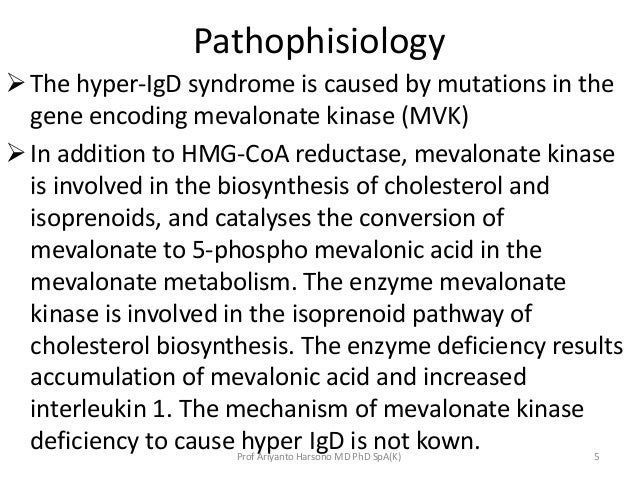


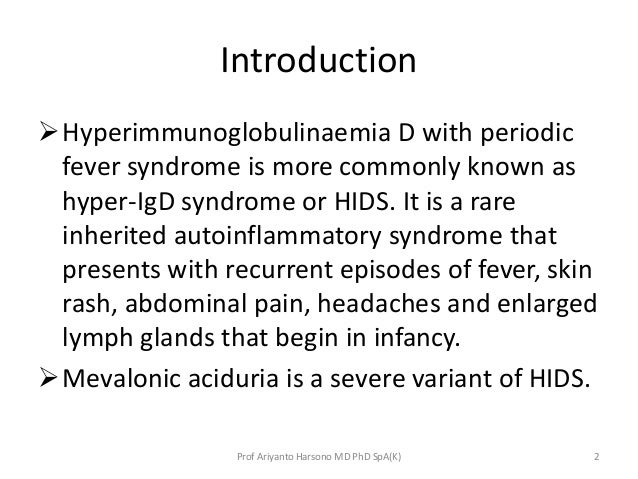

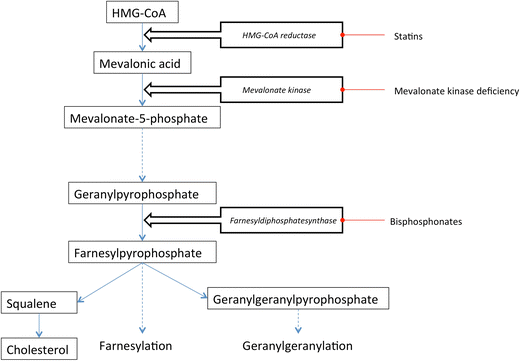
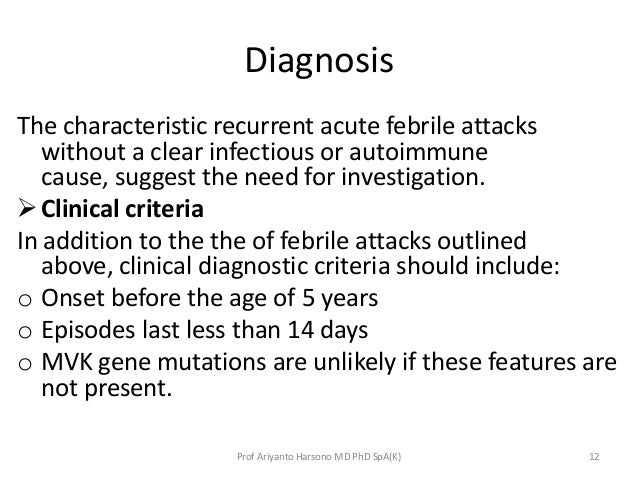

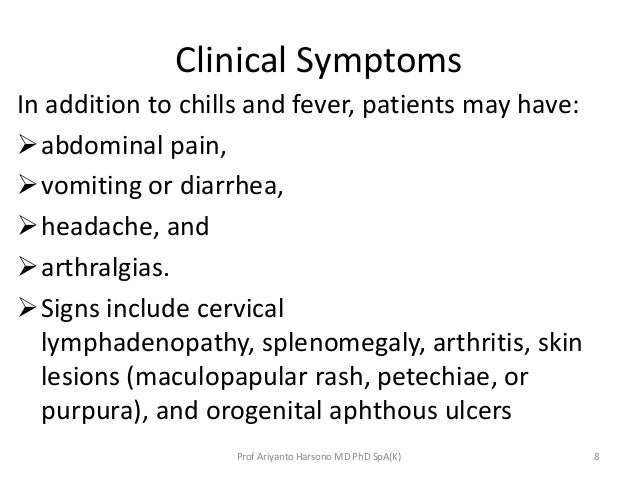






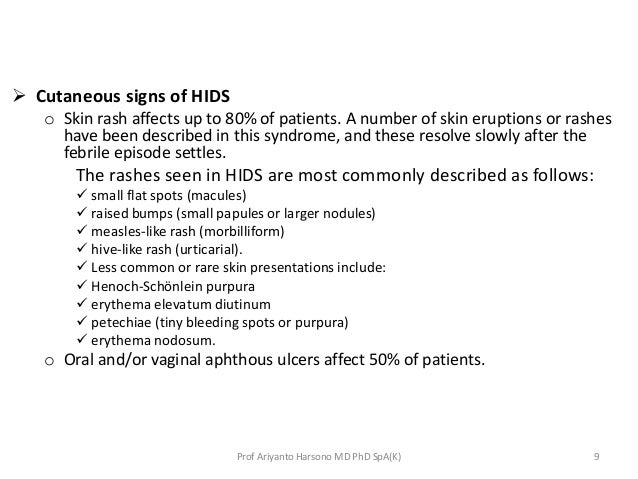




















Post a Comment for "Hyper-igd Syndrome"